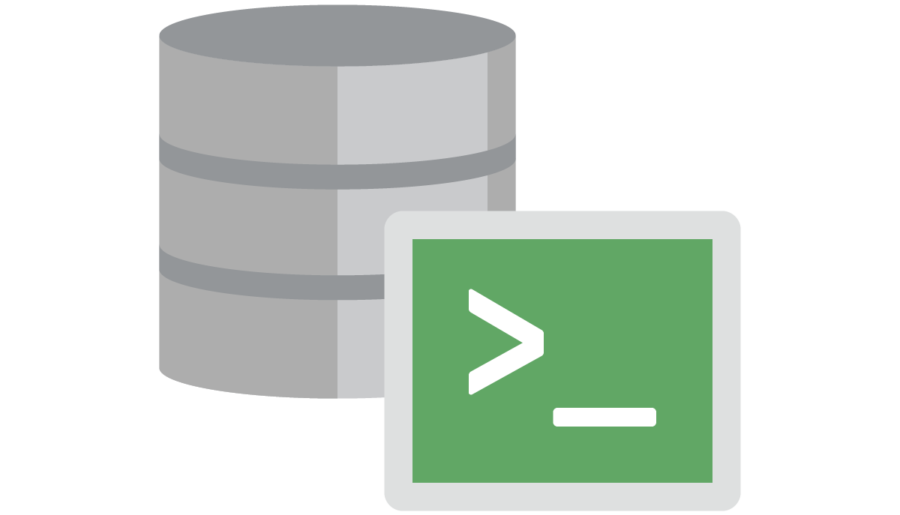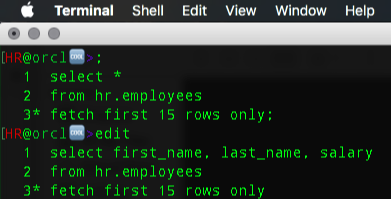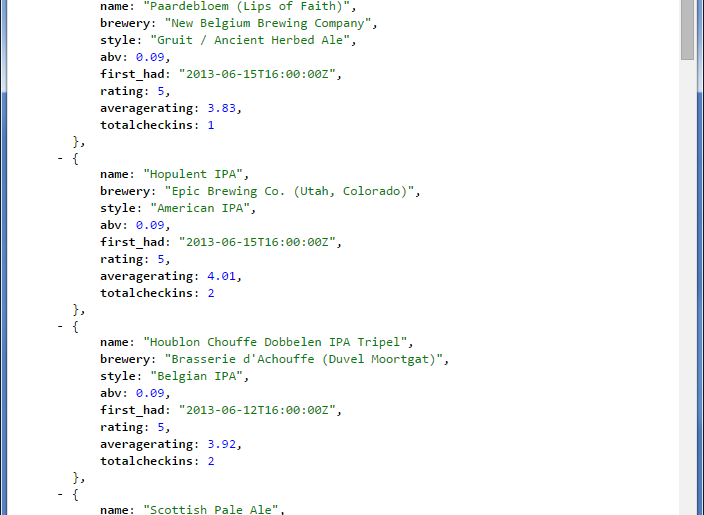For those Windows users out there who want both a BASH shell AND a really cool command line interface to Oracle Database – I have good news! We updated SQLcl yesterday to include support for CYGWIN. I have Cygwin64 and Windows 7. We also added a new command, SHOW TNS. This will help you figure out how and where we’re finding your TNSNAMES* files. 11028239676876d43cb08ba_000000 So we’ll look in your home directory, your TNS_ADMIN space,…
I’ve written a few posts on this subject… Intro to Extensions Adding Synonym Support with Extensions Adding an Error page for Views with an Extension Also, there’s two VERY nice resources for you that I recommend: My predecessor Sue Harper talks extensions in Oracle Magazine Mike Smithers has an exhaustive blog post on adding context menus But. None of these resources detail the object node names for the different types of editors you might want…
I’m a fan of both. When describing an Entity, I like to keep it ‘real.’ My beer or brewery doesn’t have an ‘ID.’ But when I go to manage this data in the real world, I don’t want 3 or 4 columns used to uniquely identify a record in my table. Or tuple if you want to be all fancy. So can I have it both ways? Yes. In your logical design, define your entities…
Kellyn (@dbakevlar!) and I have given a couple of talks at the RMOUG Training Days conference about social media, and why Oracle techies should care. We thought it might be nice to focus the talk a bit more and offer it up as a keynote presentation. The crazy folks at East Coast Oracle Users Conference agreed, and we gave it yesterday. People liked it. Even the people serving the food and taking away the dirty…
It’s that time of year again: planning for our biggest customer and user event, Oracle Open World. I recently shared some advice for getting the most out of your conference experience, here’s a 2 minute video: One of the bits there I suggested was to mark one or two sessions a day that you might want to attend. Well, since you’re here, I’m assuming you might find the stuff our team is doing appealing. Note…
Looking for more good content around the Oracle Database? Here’s a list of great Oracle Bloggers that I think you should know and follow!
You’ve just installed a new copy of SQL Developer. Here are some things you might want to change in the preferences. Notes: I said ‘fixed field’ – I meant FIXED WIDTH fonts, duh If you think you’re hearing Foreigner’s Feels Like The First Time, you’re wrong Some of the tips in blog format: fonts zebra line numbers open on SINGLE CLICK! connection folders query results new grids
These are just my opinions, and I don’t speak on behalf of my employer. On the Facebookers this morning, noticed one of my friends was contemplating coming out to San Francisco this year to join approximately 50,000 other Oracle and Java-heads for Java One and Oracle Open World. I’m not going to try to sell you on this event – the location alone should be enough to get most of you excited. San Francisco is…
This isn’t a SQL Developer post, sorry folks. When it takes me more than a couple of Google searches and more than a little bit of poking around to figure something out, I reckon it’s blog-post-worthy. Maybe I can save you a bit of time too! I have: a 12.1.0.2 database the JSON patchset a table said table with IS JSON CHECK constraint some json docs that contain nested arrays So it looks a little…
I was remarking to someone this morning how easy I thought it was to setup a job, say on the first and third Wednesday of the month. The flexibility of DBMS_SCHEDULER, even without taking into account the power of schedules, is really powerful. We have a scheduler wizard that puts a graphical user interface onto the DBMS_SCHEDULER package. Here’s how it works, in a decent sized nutshell. Which will launch… Clicking the edit button opens…







